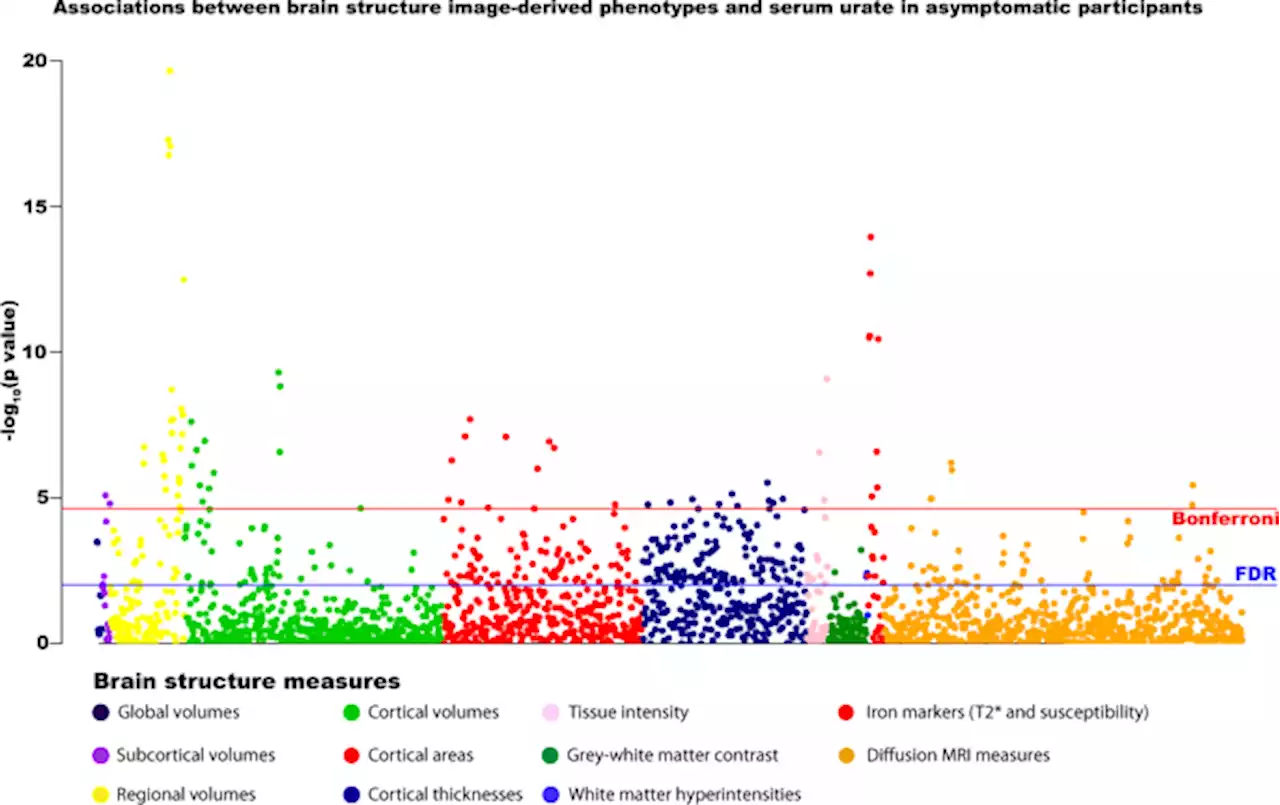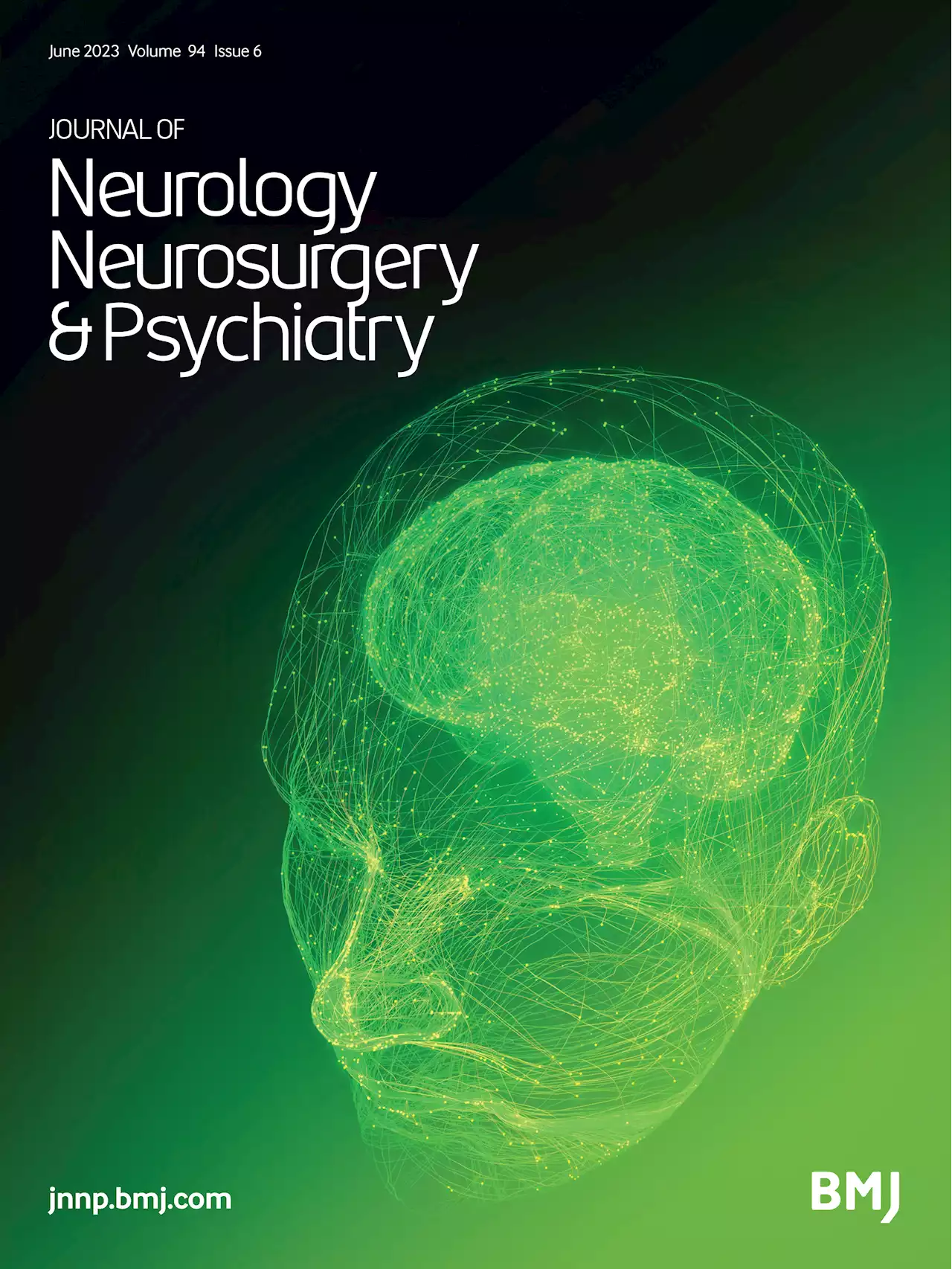Researchers review the features of hospitalized patients with C. auris infection or colonization in the US EIDjournal CDCgov pathogen disease infection health disease fungus fungal
By Bhavana KunkalikarJun 13 2023Reviewed by Danielle Ellis, B.Sc. In a recent study published in Emerging Infectious Diseases, researchers explored hospitalizations associated with Candida auris infection.
About the study The PINC-A1 Healthcare Database is an all-payer database that includes healthcare use, pharmacy, and financial data from over 1,000 hospitals in the United States. Approximately 25% of hospitals have provided laboratory data. All hospitalizations with a C. auris positive culture between 2017 and 2022 were identified.
Approximately 63% and 48% of the bloodstream and non-bloodstream C. auris hospitalizations had their first positive specimen collected within two days of admission, respectively. Almost 58% of bloodstream C. auris hospitalizations also tested positive with another specimen type. Axilla and urine were the most frequent positive specimen types in non-bloodstream C. auris hospitalizations.
Almost 76% of hospitalizations required an intensive care unit stay. Out of these cases, 43% involved the use of mechanical ventilation. The median length of hospitalization was 13 days. The study found that the mortality rate in the hospital was 21%.
United Kingdom Latest News, United Kingdom Headlines
Similar News:You can also read news stories similar to this one that we have collected from other news sources.
 When COVID meets Candida: exploring the alarming surge of C. auris in IsraelWhen COVID meets Candida: exploring the alarming surge of C. auris in Israel CDC_NCEZID candida candidauris Cauris fungalinfection isreal covid COVID19 hospitalization
When COVID meets Candida: exploring the alarming surge of C. auris in IsraelWhen COVID meets Candida: exploring the alarming surge of C. auris in Israel CDC_NCEZID candida candidauris Cauris fungalinfection isreal covid COVID19 hospitalization
Read more »
 Researchers identify jumping genes that can lead to rare syndrome in childrenA new family of DNA elements which control the activation of certain genes known to cause a rare disease known as MSL3 syndrome in children has been identified.
Researchers identify jumping genes that can lead to rare syndrome in childrenA new family of DNA elements which control the activation of certain genes known to cause a rare disease known as MSL3 syndrome in children has been identified.
Read more »
 Association of gout with brain reserve and vulnerability to neurodegenerative disease - Nature CommunicationsThe potential association between neurodegenerative disease risk and gout is not fully understood. Here the authors showed that gout is causally related to several measures of brain structure which may explain their higher vulnerability to dementia.
Association of gout with brain reserve and vulnerability to neurodegenerative disease - Nature CommunicationsThe potential association between neurodegenerative disease risk and gout is not fully understood. Here the authors showed that gout is causally related to several measures of brain structure which may explain their higher vulnerability to dementia.
Read more »
 A history of repeated alcohol intoxication promotes cognitive impairment and gene expression signatures of disease progression in the 3xTg mouse model of Alzheimer’s diseaseThe impact of alcohol abuse on Alzheimer’s disease (AD) is poorly understood. Here, we show that the onset of neurocognitive impairment in a mouse model of AD is hastened by repeated alcohol intoxication through exposure to alcohol vapor, and we provide a comprehensive gene expression dataset of the prefrontal cortex by the single-nucleus RNA sequencing of 113,242 cells. We observed a broad dysregulation of gene expression that involves neuronal excitability, neurodegeneration, and inflammation, including interferon genes. Several genes previously associated with AD in humans by genome-wide association studies were differentially regulated in specific neuronal populations. Gene expression patterns of AD mice with a history of alcohol intoxication were more similar to gene expression signatures of older AD mice with more advanced disease and cognitive impairment than those of younger AD mice with prodromic disease, suggesting that alcohol promotes transcriptional changes consistent with AD progression. Our gene expression dataset at the single-cell level provides a unique resource for investigations of the molecular bases of the detrimental role of excessive alcohol intake in AD. Significance statement Alzheimer’s disease (AD) is the most common neurodegenerative disease worldwide. Many efforts have been geared toward the identification of environmental and genetic risk factors. However, alcohol has received limited attention as a potential risk factor for AD. We explored effects of the interaction of a history of alcohol intoxication with genetic AD susceptibility on cognitive performance and gene expression at the single-cell level. We found that a history of repeated alcohol intoxication promotes the emergence of spatial learning and memory impairments in pre-symptomatic triple transgenic AD (3xTg-AD) mice. We also show that a history of repeated alcohol intoxication induces prefrontal cortex transcriptional changes associated with AD progression.
A history of repeated alcohol intoxication promotes cognitive impairment and gene expression signatures of disease progression in the 3xTg mouse model of Alzheimer’s diseaseThe impact of alcohol abuse on Alzheimer’s disease (AD) is poorly understood. Here, we show that the onset of neurocognitive impairment in a mouse model of AD is hastened by repeated alcohol intoxication through exposure to alcohol vapor, and we provide a comprehensive gene expression dataset of the prefrontal cortex by the single-nucleus RNA sequencing of 113,242 cells. We observed a broad dysregulation of gene expression that involves neuronal excitability, neurodegeneration, and inflammation, including interferon genes. Several genes previously associated with AD in humans by genome-wide association studies were differentially regulated in specific neuronal populations. Gene expression patterns of AD mice with a history of alcohol intoxication were more similar to gene expression signatures of older AD mice with more advanced disease and cognitive impairment than those of younger AD mice with prodromic disease, suggesting that alcohol promotes transcriptional changes consistent with AD progression. Our gene expression dataset at the single-cell level provides a unique resource for investigations of the molecular bases of the detrimental role of excessive alcohol intake in AD. Significance statement Alzheimer’s disease (AD) is the most common neurodegenerative disease worldwide. Many efforts have been geared toward the identification of environmental and genetic risk factors. However, alcohol has received limited attention as a potential risk factor for AD. We explored effects of the interaction of a history of alcohol intoxication with genetic AD susceptibility on cognitive performance and gene expression at the single-cell level. We found that a history of repeated alcohol intoxication promotes the emergence of spatial learning and memory impairments in pre-symptomatic triple transgenic AD (3xTg-AD) mice. We also show that a history of repeated alcohol intoxication induces prefrontal cortex transcriptional changes associated with AD progression.
Read more »
 Evoked mid-frontal activity predicts cognitive dysfunction in Parkinson’s diseaseBackground Cognitive dysfunction is a major feature of Parkinson’s disease (PD), but the pathophysiology remains unknown. One potential mechanism is abnormal low-frequency cortical rhythms which engage cognitive functions and are deficient in PD. We tested the hypothesis that mid-frontal delta/theta rhythms predict cognitive dysfunction in PD. Method We recruited 100 patients with PD and 49 demographically similar control participants who completed a series of cognitive control tasks, including the Simon, oddball and interval-timing tasks. We focused on cue-evoked delta (1–4 Hz) and theta (4–7 Hz) rhythms from a single mid-frontal EEG electrode (cranial vertex (Cz)) in patients with PD who were either cognitively normal, with mild-cognitive impairments (Parkinson’s disease with mild-cognitive impairment) or had dementia (Parkinson’s disease dementia). Results We found that PD-related cognitive dysfunction was associated with increased response latencies and decreased mid-frontal delta power across all tasks. Within patients with PD, the first principal component of evoked electroencephalography features from a single electrode (Cz) strongly correlated with clinical metrics such as the Montreal Cognitive Assessment score (r=0.34) and with National Institutes of Health Toolbox Executive Function score (r=0.46). Conclusions These data demonstrate that cue-evoked mid-frontal delta/theta rhythms directly relate to cognition in PD. Our results provide insight into the nature of low-frequency frontal rhythms and suggest that PD-related cognitive dysfunction results from decreased delta/theta activity. These findings could facilitate the development of new biomarkers and targeted therapies for cognitive symptoms of PD. Data are available upon reasonable request. All data and code are available at narayanan.lab.uiowa.edu and at OpenNeuro: ; ;
Evoked mid-frontal activity predicts cognitive dysfunction in Parkinson’s diseaseBackground Cognitive dysfunction is a major feature of Parkinson’s disease (PD), but the pathophysiology remains unknown. One potential mechanism is abnormal low-frequency cortical rhythms which engage cognitive functions and are deficient in PD. We tested the hypothesis that mid-frontal delta/theta rhythms predict cognitive dysfunction in PD. Method We recruited 100 patients with PD and 49 demographically similar control participants who completed a series of cognitive control tasks, including the Simon, oddball and interval-timing tasks. We focused on cue-evoked delta (1–4 Hz) and theta (4–7 Hz) rhythms from a single mid-frontal EEG electrode (cranial vertex (Cz)) in patients with PD who were either cognitively normal, with mild-cognitive impairments (Parkinson’s disease with mild-cognitive impairment) or had dementia (Parkinson’s disease dementia). Results We found that PD-related cognitive dysfunction was associated with increased response latencies and decreased mid-frontal delta power across all tasks. Within patients with PD, the first principal component of evoked electroencephalography features from a single electrode (Cz) strongly correlated with clinical metrics such as the Montreal Cognitive Assessment score (r=0.34) and with National Institutes of Health Toolbox Executive Function score (r=0.46). Conclusions These data demonstrate that cue-evoked mid-frontal delta/theta rhythms directly relate to cognition in PD. Our results provide insight into the nature of low-frequency frontal rhythms and suggest that PD-related cognitive dysfunction results from decreased delta/theta activity. These findings could facilitate the development of new biomarkers and targeted therapies for cognitive symptoms of PD. Data are available upon reasonable request. All data and code are available at narayanan.lab.uiowa.edu and at OpenNeuro: ; ;
Read more »
 Dangerous weight loss trend triggers Iatrogenic botulism outbreak in EuropeDangerous weight loss trend triggers Iatrogenic botulism outbreak in Europe Botulism Neurotoxin ClostridiumBotulinum IatrogenicBotulism MedicalRisk CosmeticComplications Eurosurveillanc
Dangerous weight loss trend triggers Iatrogenic botulism outbreak in EuropeDangerous weight loss trend triggers Iatrogenic botulism outbreak in Europe Botulism Neurotoxin ClostridiumBotulinum IatrogenicBotulism MedicalRisk CosmeticComplications Eurosurveillanc
Read more »
